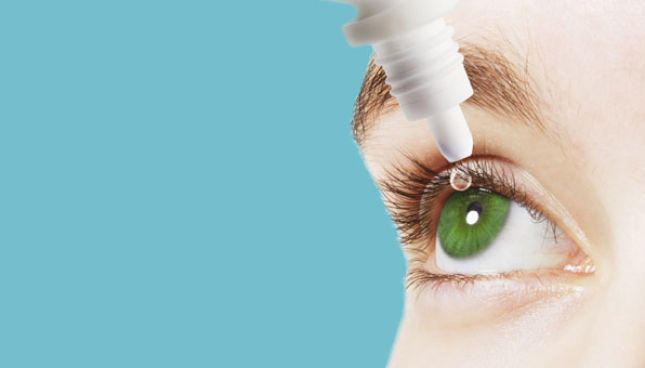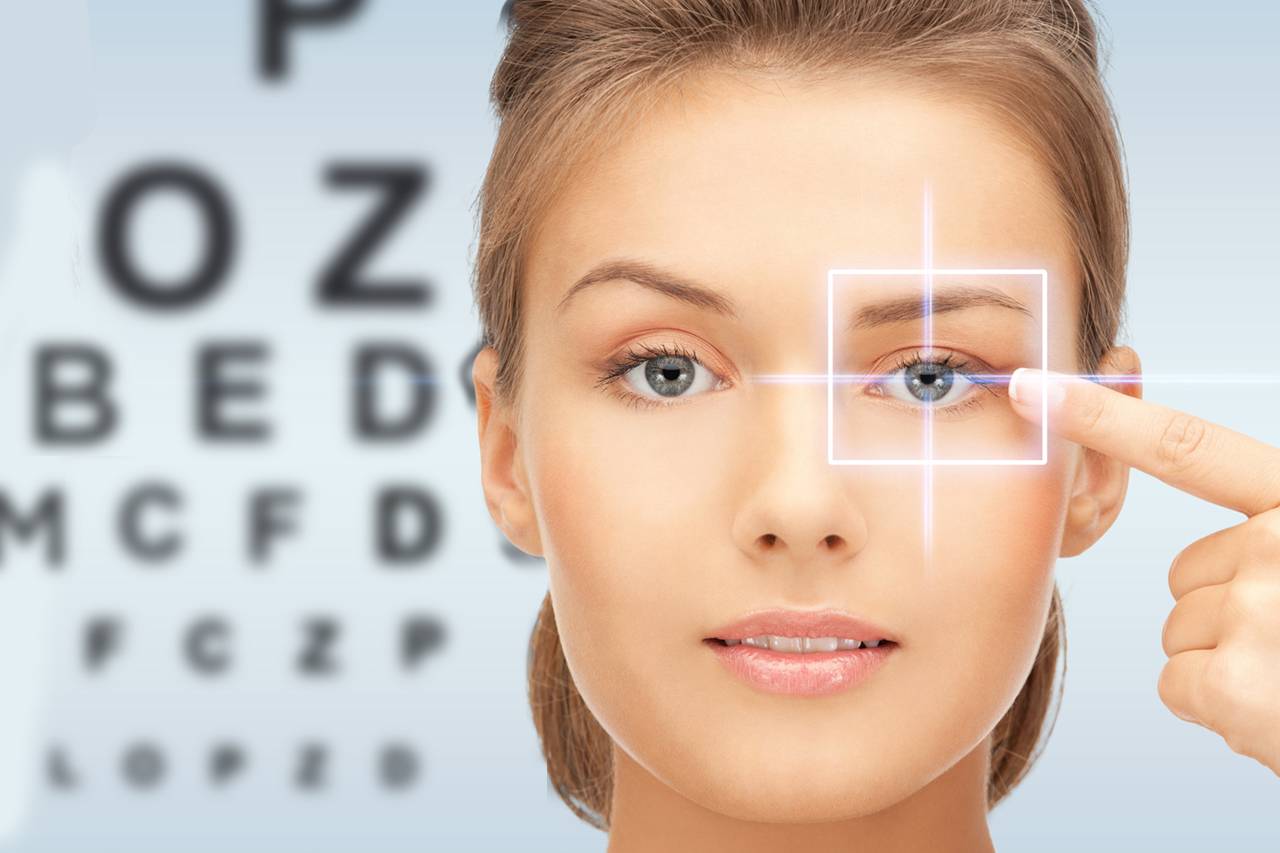Eye Facility in Andalusia: Premier Solutions for Vision Treatment
Wiki Article
Is Refractive Surgical Procedure Right for You? Aspects to Think About for Better Eyecare
In the realm of eye treatment, the decision to go through refractive surgery is a weighty one that requires thoughtful factor to consider. As individuals look for clarity and freedom from the constraints of corrective lenses, various factors enter into play when identifying the suitability of such a treatment. From the details of one's ocular health and wellness to the intricacies of everyday habits and personal expectations, each facet holds relevance in the wider landscape of refractive surgery candidateship. By examining these essential components with care and accuracy, a clearer path towards educated decision-making emerges.Eye Health And Wellness Examination
When considering refractive surgical treatment, an extensive eye health analysis is important to analyze the viability of the treatment for every person. andalusia pediatrics. This assessment entails a series of examinations and exams conducted by an eye care professional to determine the general health and wellness of the eyes, the presence of any type of hidden problems, and the security of the refractive errorThroughout the assessment, different aspects are considered, such as the person's case history, present eye prescription, corneal density, pupil size, and tear film top quality. These assessments help to determine any contraindications to refractive surgical procedure, such as corneal irregularities, cataracts, or without treatment eye infections. Additionally, the assessment assists to manage patient expectations pertaining to the prospective outcomes of the surgery based upon their unique eye characteristics.
Ultimately, the eye wellness evaluation is essential in making certain the security and effectiveness of refractive surgery, as it supplies beneficial understandings right into the individual's eye wellness condition and assists determine one of the most appropriate treatment choices for accomplishing optimum aesthetic end results. (neurologist andalusia)
Lifestyle Analysis
An extensive way of life assessment is indispensable in determining the viability of refractive surgery for a person's aesthetic modification needs. Lifestyle factors such as occupation, hobbies, and daily activities play a crucial duty in the decision-making procedure pertaining to refractive surgery.In addition, way of living routines such as sporting activities involvement, outdoor tasks, or also skincare regimens can influence the recovery process and total success of refractive surgery. By carrying out a detailed way of living evaluation, eye care professionals can tailor their recommendations and therapy strategies to meet the one-of-a-kind requirements of each client, ultimately leading to enhanced visual end results and satisfaction.
Assumption Alignment

Individuals need to comprehend that while many individuals achieve 20/20 vision or far better complying with refractive surgical treatment, some might still require glasses for particular activities like reading or driving at evening. Taking care of these expectations helps protect against dissatisfaction and dissatisfaction post-surgery, leading to an extra positive total experience for the patient.
Threat Evaluation

Factors that may increase the threat of issues include age, certain medical conditions like autoimmune illness, unpredictable vision prescription, slim corneas, and unrealistic person assumptions. Furthermore, choosing a experienced and experienced surgeon, complying with pre and post-operative care guidelines faithfully, and revealing any kind of appropriate clinical background can assist minimize risks.
To minimize the chance of issues, eye doctors conduct thorough pre-operative evaluations to determine any kind of contraindications to surgical procedure. They additionally go over the possible dangers and advantages with patients during the consultation procedure. By participating in open communication and shared decision-making, both the client and the eye doctor can collaborate to determine if refractive surgical treatment is the best option based on individual danger accounts and preferred results.
Appointment Value
Taking into consideration the critical duty of educated decision-making in examining risks and potential complications in refractive surgery, the consultation procedure holds significant significance in guiding clients towards optimal results. During the appointment, the eye doctor evaluates the client's eye health and wellness, refractive errors, and overall viability for surgical procedure. This preliminary evaluation is vital in identifying one of the most appropriate treatment for each and every individual, thinking about aspects such as corneal thickness, pupil dimension, and existing eye problems.In addition, the appointment works as an opportunity for individuals to review their expectations, concerns, and any type of concerns they may have pertaining to the surgery. Clear interaction between the surgeon and the client is important to guarantee practical expectations and a comprehensive understanding of the potential risks and advantages entailed.
Additionally, the assessment permits the surgeon to discuss the various medical options available, their corresponding outcomes, and the post-operative care called for. This comprehensive discussion empowers patients to make knowledgeable choices regarding their eye care, resulting in better fulfillment and end results post-surgery.
Conclusion
To conclude, individuals thinking about refractive surgery needs to undergo a detailed eye health examination, evaluate their way of life practices, straighten their assumptions with potential end results, assess the connected dangers, and focus on consultations with eye treatment specialists. These aspects play an essential function in determining the suitability of refractive surgery for every individual, ensuring optimum end results and satisfaction with the treatment.Patients thinking about refractive surgical procedure commonly have high assumptions regarding the end results, expecting ideal vision without the demand for glasses or contact lenses. While refractive surgical treatment can considerably improve vision and reduce dependency on visual Our site help, it is vital for clients to recognize that results may vary based on specific elements such as the degree of refractive error, corneal density, and general eye health.
By involving in open communication and shared decision-making, both the ophthalmologist and the patient can function together to identify next page if refractive surgical procedure is the appropriate choice based on specific threat accounts and preferred end results.
Considering the essential duty of notified decision-making in analyzing risks and potential problems in refractive surgical treatment, the appointment process holds considerable value in directing people in the direction of ideal outcomes. During the consultation, the ophthalmologist reviews the patient's eye health and wellness, refractive errors, and overall viability for surgery.
Report this wiki page